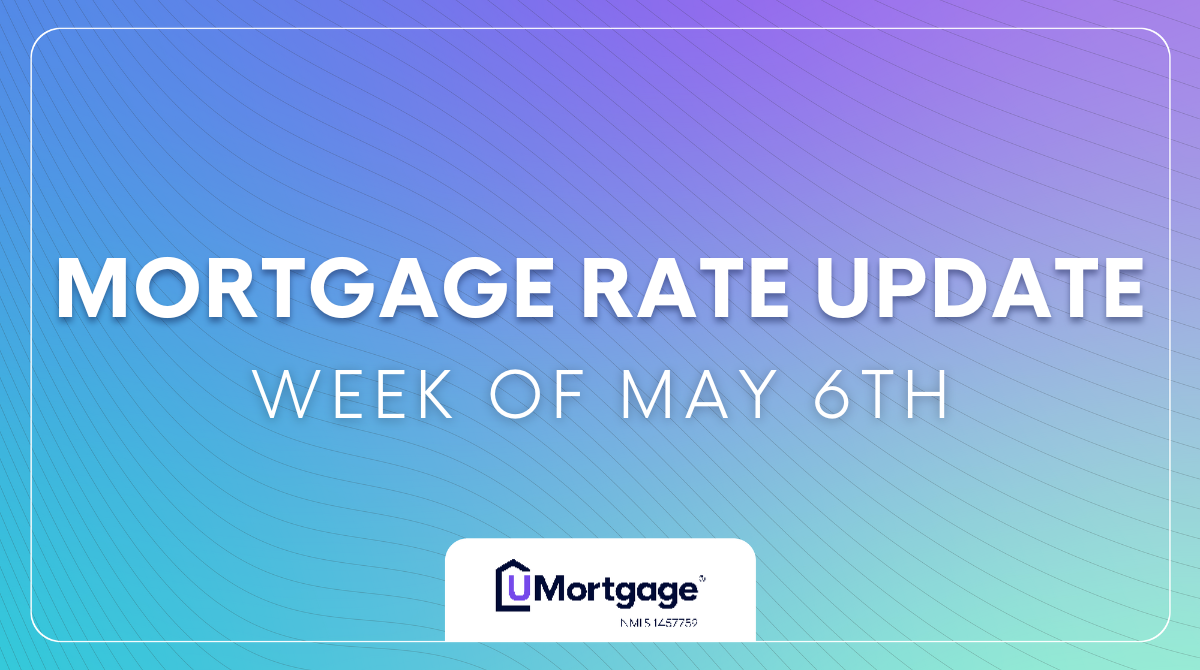Housing Market Update | Week of May 6th
Published: May 6, 2024

Housing Market Update | Week of May 6th

Last week was a wild one for mortgage rates. Although the Federal Reserve announced that they would not be cutting the Federal Funds rate in their May meeting, they did announce that they are tapering their balance sheet reduction. This, combined with weak labor data sprinkled at the end of the week, saw mortgage rates drop at the end of the week.

Last Week's Rate Recap: Rates Dropped Slightly
Last week, the Federal Reserve held its May meeting. While they decided against cutting rates, Jerome Powell, Fed Chairman, held a dovish stance on the possibility of rate cuts in the future. Last week’s labor reports also showed a softening in the jobs market which caused rates to drop quickly at the end of the week. While it’s still unlikely that we see a rate cut in the Fed’s next meeting, a weakened labor market will be the key to seeing rates drop as the year goes on.

This Week's Rate Forecast: Rates Should Stay Steady
After the flurry of data and insight from last week’s jobs reports and the Federal Reserve meeting, we have a quieter week ahead without much data for the market to digest. Following a steep drop to the 10-year yield at the end of the week, market analysts will have a careful approach to instill some stability throughout the week. Overall, we should expect to see some steadiness throughout the week.
If you want a more comprehensive overview of the market’s reaction to the Federal Reserve meeting and labor data last week, check out a replay of today’s Special-Edition Monday Market Update. Our two hosts offered plenty of insight behind these rate movements and some tactical advice to help you use these pieces of market data to better serve our homebuyers.
